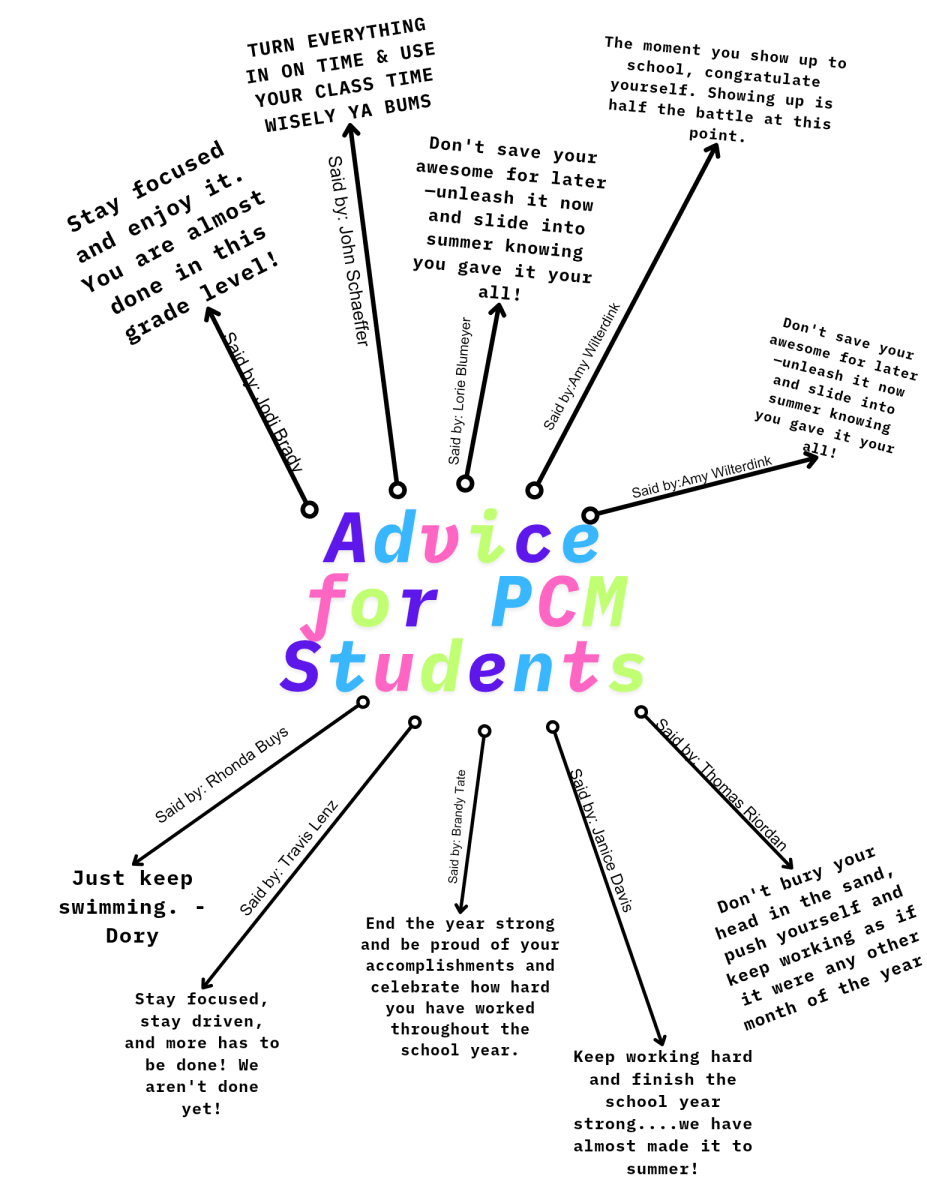by Bradley McClellan
How did the Founding Fathers of this country seek to preserve liberty and prevent tyranny? Most people will give you an answer that would consist of the addition of the Bill of Rights and the Supreme Court to protect those rights. While this is true, it is not the whole story. The Constitution did not envision a government that could do whatever it wanted, but rather a government of enumerated and delegated powers, a government that has authority over only specific areas of American life. All of the other powers were to be delegated to the states or to the people themselves. This is why when the Constitution was written two important amendments were added, the ninth and the tenth.
The ninth states, “The enumeration in the Constitution, of certain rights, shall not be construed to deny or disparage others retained by the people.” The tenth states, “The powers not delegated to the United States by the Constitution, nor prohibited by it to the States, are reserved to the States respectively, or to the people.” These amendments made it clear that the National Government could not assume powers not specifically granted to it by the Constitution.
In the second half of the twentieth century the power grab by the National Government has become more relevant and an important topic in debate. During this time frame, we have seen a major increase of the judiciary branch’s power.
Now, although most Americans see the Supreme Court as the ultimate decider of almost every social and political dispute, the Founders never envisioned the Court in this role. There have been good moments for the Supreme Court for sure, such as the desegregation case of Brown vs. the Board of Education in the 1950s, but there are also opinions that have overstepped its delegated powers. For example, in 1973, the Supreme Court legalized abortion in all states. This plainly overstepped the bounds of their authority, thereby further expanding their own power and that of the National Government.
The Supreme Court has also done little to stop the executive and legislative branches from overstepping their bounds either. For example, the imposition of an individual mandate required every citizen to purchase health insurance coverage. The Supreme Court said that this was a legitimate exercise of its expressly delegated power to regulate commerce among the states. However, the mandate does not regulate commerce at all. In fact, it forces people into commerce on the threat of a financial penalty.
Why did the issue get to the Court at all? Congress and the President should have recognized that the National Government does not have the power to impose a mandate on people to purchase products.
At the moment our liberty is not at a significant risk. The measures the Founders implemented to preserve liberty should be followed, as they protect our freedoms from erosion.












